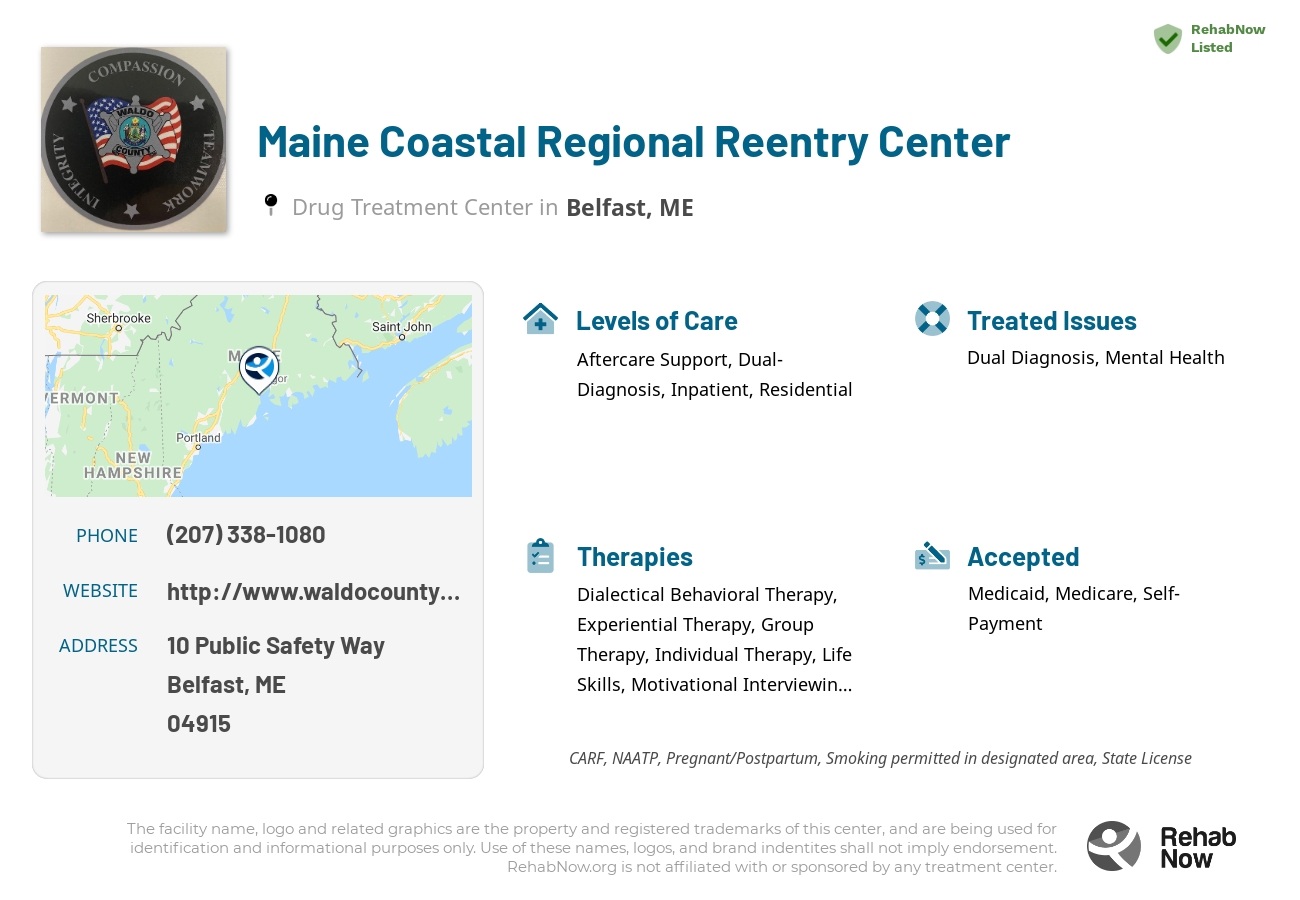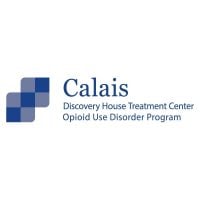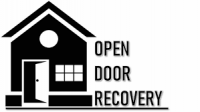Maine Coastal Regional Reentry Center
Drug Rehab Center in Belfast, Maine
The Maine Coastal Regional Reentry Center helps individuals who are transitioning back into the community after being incarcerated by offering a wide range of services to support successful reintegration, including addiction treatment services, case management, crisis intervention, aftercare planning, and access to community resources.
About Maine Coastal Regional Reentry Center in Maine
Maine Coastal Regional Reentry Center in Belfast, ME is a 32 bed residential treatment facility for those suffering from addiction and substance abuse issues. The center offers a variety of services to those seeking treatment to help them with their recovery and reentry into society. These services include dual-diagnosis treatment for mental health and addiction, inpatient and residential levels of care, and aftercare support. Furthermore, Maine Coastal Regional Reentry Center is fully licensed and accredited by Commission on Accreditation of Rehabilitation Facilities (CARF) for their Addiction programs so those seeking treatment can rest assured that they will receive the highest quality care throughout their recovery process.
At Maine Coastal Regional Reentry Center they offer a range of evidence-based therapies for addiction and substance abuse that utilize a holistic approach to recovery. This includes individual, group, and family counseling and education, cognitive-behavioral therapy, and 12-step program integration. Their team of experienced professionals are also committed to providing access to medical and psychiatric care, and work with each patient to create an individual treatment plan tailored to their specific needs. The team strives to provide an environment of support and understanding to each patient and their loved ones, empowering them to take back control of their lives.
Genders
Ages
Modality
Additional
Conditions and Issues Treated
A drug rehab center that uses Dual Diagnosis is more likely to be successful in rehabilitating a person. Dual diagnosis helps to identify and treat any co-occurring disorders. It is essential to screen for both addiction and any untreated mental health issues. A dual diagnosis gives rehab the means to treat addiction while restoring mental and emotional health.
About 70% of patients with drug addiction have at least one other psychiatric diagnosis. Fortunately, dual diagnosis treatment is a proven model that has been highly effective.
Levels of Care Offered
This center offers a variety of custom treatment tailored to individual recovery. Currently available are Aftercare Support, Dual-Diagnosis, Inpatient, Residential, with additional therapies available as listed below.
Inpatient rehab means you live there while your addiction or co-occurring disorder is treated. Prescribed medications are used along with counseling.
This type of rehabilitation provides a drug-free environment for people who struggle with chronic/long-term addiction (or their own home). Jobs or school can be put on hold until after the stay to focus solely on recovery.
Residential treatment programs are those that offer housing and meals in addition to substance abuse treatment. Rehab facilities that offer residential treatment allow patients to focus solely on recovery, in an environment totally separate from their lives. Some rehab centers specialize in short-term residential treatment (a few days to a week or two), while others solely provide treatment on a long-term basis (several weeks to months). Some offer both, and tailor treatment to the patient’s individual requirements.
Aftercare Support in drug rehab is crucial because it helps people stay sober after treatment. Aftercare Support in drug rehab is helpful because it provides the recovering person with a support group, including family members, friends, and other peers who are also in recovery.
The benefits of Aftercare Support are that it provides a pathway that will help people get sober for life. It supports healing at all levels, physical, mental, emotional, and spiritual. Another benefit of Aftercare Support is that participants learn to maintain their sobriety through holistic methods. They learn to modify behaviors individually to have peace of mind, have positive relationships with others, and find peace on the inside.
Therapies & Programs
During individual therapy at Maine Coastal Regional Reentry Center in , the person in recovery meets with a therapist one on one to go over their situation and learn from past mistakes. The counselor or therapist will use this time to address the causes of addiction, triggers, and any mental issue or dual diagnosis. They will also address aftercare plans, giving them the best chances of long-term sobriety.
This therapeutic process is very intense and challenging to go through. Some clients may find it easier to open up with someone apart from their family or loved ones who understand their struggles and experience with addiction.
Addicts in Belfast, ME can find support in group therapy at Maine Coastal Regional Reentry Center by finding peers who understand their situation and being held accountable. They also learn to develop faith, understanding, and insight into their addiction through shared conversations.
Group Therapy is employed by drug treatment centers to provide the recovering addict with a platform to talk about their feelings and experiences. It also provides for an opportunity to learn from other addicts who have successfully overcome their addiction. It is recommended that all group members be recovering addicts for this type of therapy to work.
Dialectical behavior therapy (DBT) is a cognitive-behavioral therapy that focuses on eliminating specific negative thoughts, such as suicidal thoughts. These negative thoughts can potentially lead to an individual inflicting self-harm. It helps treat patients exhibiting uncontrollable emotions, intense mood swings, and borderline personality disorders.
The term “Dialectic” means the integration of opposites. In substance abuse, DBT refers to accepting the patient’s addiction and working to change their thoughts and behavior. It improves life skills such as controlling intense emotions without reacting impulsively, resolving interpersonal conflicts effectively, and promoting awareness about self and others.
Cognitive Behavioral Therapy (CBT) helps addicts comprehend the causes of their substance abuse and the consequences that follow. The treatment’s goal is to help addicts gain self-control and maintain abstinence from drugs and alcohol over the long term. Through CBT, clients learn to recognize and avoid high-risk situations and cope with challenging situations when they arise.
Rational Emotive Behavior Therapy, or REBT, is a form of Cognitive Behavioral Therapy developed to help people overcome specific emotional and behavioral problems.The theory behind REBT is the belief that a person’s thinking (and resulting emotions) create their reality. By helping patients let go of certain ideas, they can reduce their feelings of anger and hostility and feel a sense of relief from rigid expectations. This, in turn, is believed to result in a reduction in both emotional and behavioral problems, impacting drug addiction.
Many people who struggle with addiction in Belfast, Maine also have trouble managing their daily responsibilities after treatment. With this type of therapy, addicts are taught how to manage their time, attain specific goals, and take care of all facets of their lives without the influence of drugs or alcohol.
During these sessions, therapists will work with addicts to identify personal values and goals. They will then help addicts set goals for achieving those values and standards. In the process, therapists help addicts develop strategies for fulfilling their goals and successfully managing their responsibilities.
In many cases, this type of therapy is used in conjunction with other types of addiction treatment services to address specific issues that affect a recovering addict’s ability to stay sober.
Patient Experience
Experiential Therapy at Maine Coastal Regional Reentry Center
Experiential therapy is a type of treatment involving immediate, intense experiences designed to manage addiction. Experiential therapy is beneficial for:
- People who are seeking to overcome an addiction but have difficulty focusing on treatment goals
- People with short attention spans due to high levels of stress or difficulty concentrating
- People who are afraid of engaging in treatment due to negative past experiences
Payment Options Accepted
For specific insurance or payment methods please contact us.
Additional Details
Specifics, location, and helpful extra information.
Belfast, Maine 4915 Phone Number(207) 338-1080 Meta DetailsUpdated November 25, 2023
Staff Verified
Maine Coastal Regional Reentry Center Patient Reviews
There are no reviews yet. Be the first one to write one.
Belfast, Maine Addiction Information
Prescription opioid abuse is the most common form of substance abuse in Maine. More than 10% of these residents have also admitted to using prescription drugs for non-medical purposes. Between 2013 and 2014, 4 out of every 5 deaths in Maine were caused by illicit drugs. One in five high school students in Maine uses marijuana every single month.
About 9% of the population in Belfast, ME, has a substance abuse problem. About 9.4% of people in Belfast, ME, abuse drugs, while 4.8% of people in Belfast, ME, abuse alcohol. The number of people who have died from drug overdoses has increased significantly. There are plenty of resources available including drug and alcohol rehab centers that can help you get on the right track.
Treatment in Nearby Cities
- West Buxton, ME (94.9 mi.)
- Brunswick, ME (59.1 mi.)
- Dover-Foxcroft, ME (53.7 mi.)
- Gorham, ME (87.9 mi.)
- Saco, ME (95.7 mi.)
Centers near Maine Coastal Regional Reentry Center
The facility name, logo and brand are the property and registered trademarks of Maine Coastal Regional Reentry Center, and are being used for identification and informational purposes only. Use of these names, logos and brands shall not imply endorsement. RehabNow.org is not affiliated with or sponsored by Maine Coastal Regional Reentry Center.









